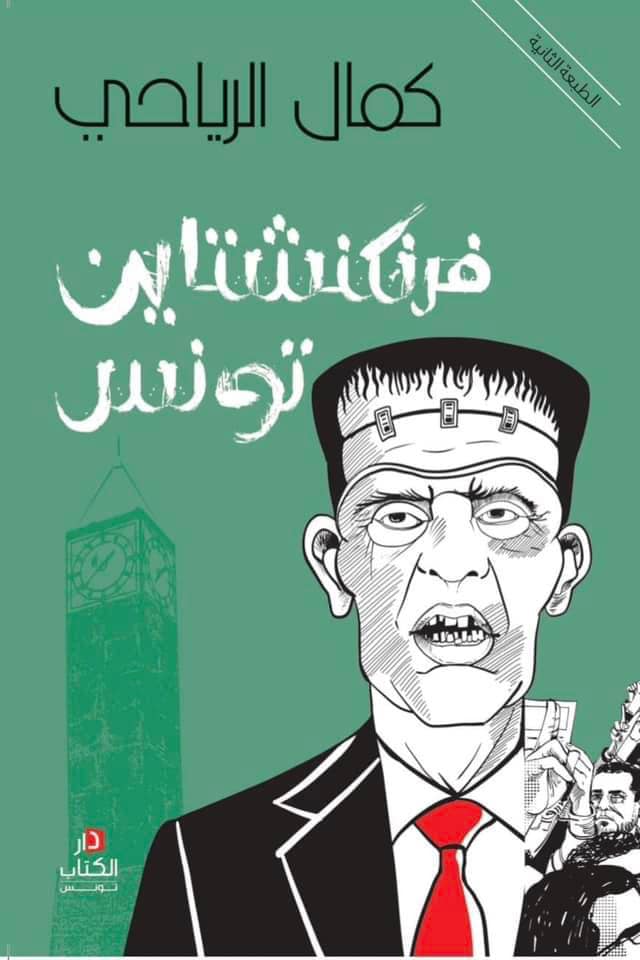Synopsis
قبل أن يشقى فكتور فرانكشتاين، في رواية ماري شيلي، وراء وحشه، كان يعيش قلقا وحزنا بسبب موت أمه، فانهمك في العمل على أبحاثه ليصنع الوحش. إن مشاعر اليتم الخلاقة هذه هي نفسها التي كان يتخبط فيها الشعب التونسي قبيل انتخاب سعيّد، فقد فشل هذا الشعب في العثور على حل لتيهه التاريخي بعد إسقاط دكتاتور كان يعتقد أنه المعرقل الوحيد أمام إدراكه السعادة، فما هلّل هذا الشعب يوما لحاكم إلا وانقلب عليه، فلا نفعه الحقوقي والمناضل ولا حتى السياسي المحنّك. فلم يكن أمام هذه الجموع من الشعب ومن لم يقتنع بأحد سوى صناعة وحش من خيباتهم؛ شخص لا يعدهم بشيء لأنهم ملّوا الوعود الكاذبة. لم يكن أمامهم إلا صوت ذلك الأستاذ السوريالي الذي لا يضحك أبدا لكي ينتقموا من الكل، من السيستم الذي ظل مستمراً رغم تغير الوجوه والقادة
Before Victor Frankenstein, in Mary Shelley’s novel, lived behind his monster, he was worried and saddened by the death of his mother, so he worked on his research to make the monster. These creative feelings of orphanhood are the same in which the Tunisian people were floundering prior to Said’s election. This people failed to find a solution to their historical disorientation after overthrowing a dictator who was believed to be the only obstacle to their realization of happiness. He is a human rights activist and fighter, not even a seasoned politician. There was no way for these crowds of people and those who were not convinced of anyone except to make a monster out of their disappointments. Someone who does not promise them anything because they are tired of false promises. There was nothing in front of them except the voice of that surrealist professor who never laughed in order to take revenge on everyone, on the system that continued despite the change of faces and leaders.

